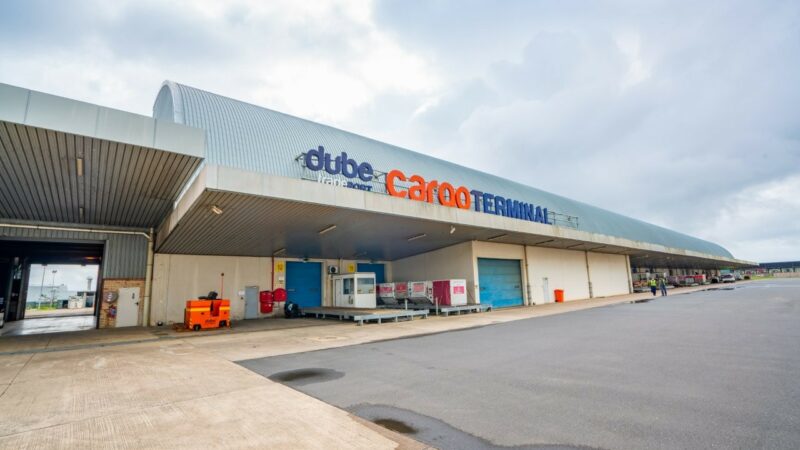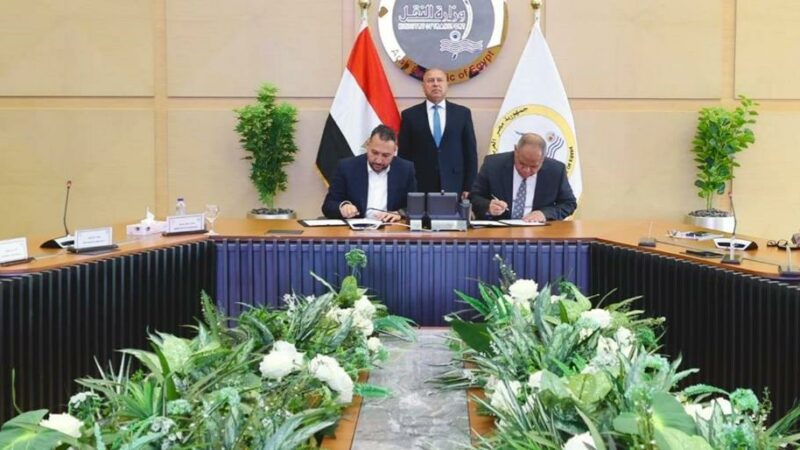Who should be responsible for addressing Africa’s logistical infrastructure challenges?

For decades – one of the greatest challenges to the development of Africa’s mining industry can largely be attributed to limited infrastructure, including power, water supply, and importantly, roads and rail. Addressing Africa’s logistical infrastructure challenges could unlock economic benefits, including increased investment in mining, improved transportation networks, increased export capabilities and increased revenue and job creation, while also benefiting other sectors like manufacturing and construction.
“Through Mining Indaba’s Disruptive Discussions format in 2024, taking place on the Disruptive Discussions Main Stage, we are no longer merely acknowledging the problem, we are bringing experts on stage who are eager to discuss how to solve it. And it all starts with asking the most important question: who should bear the responsibility? Government? Or industry?,” says Laura Cornish, Head of Content for Investing in African Mining Indaba.
Given that this challenge primarily affects bulk commodity miners, who extract large quantities of minerals for export, a session on the Disruptor Stage, titled “Who should pick up the logistics tab? Government or industry?” will take place on Tuesday 6 February at 11h20 and will include iron ore and coal executives from South Africa and other African countries.
The full panel discussion includes:
Moderator:
The recent train derailment that occurred in KwaZulu-Natal has disrupted the coal export line to Richards Bay, highlighting the poor state of South Africa’s rail network
- Marcus Courage, Chief Executive Officer, Africa Practice
Speakers:
- Gerard Rheinberger, Managing Director, Rio Tinto Simandou
- July Ndlovu, Chief Executive Officer, Thungela Resources
- Marcel Bruhwiler, Manager: Infrastructure and Natural Resources for Southern Africa, IFC
- Dr Nombasa Tsengwa, Chief Executive Officer, Exxaro Resources
- SUN Siyuan, Executive Vice President, Winning International Group
“It is no secret that South Africa’s coal industry is suffering at the hands of Transnet, which is unable to supply adequate rail capacity or maintain its rail lines adequately,” says Cornish. The recent train derailment that occurred in KwaZulu-Natal has disrupted the coal export line to Richards Bay, highlighting the poor state of South Africa’s rail network. The collision occurred at the Elubana Rail Corridor, causing the line to be closed and export activity to be suspended. The incident has slowed government and business efforts to reform Transnet’s dysfunctional rail operations, which are crucial for the mining industry
Looking at the iron ore industry, of which there is an abundance of rich deposits in Africa, it has largely laid dormant for decades because there is no rail capacity to get high volumes of product to port. Rio Tinto’s Simandou iron ore project in Guinea is a prime example. The project has sat undeveloped in the company’s portfolio for decades.
But – this is not the case any longer. Rio Tinto is set to begin infrastructure development on its Simandou iron ore project, set to be one of the world’s largest new iron ore mines. The project, a collaboration between Rio Tinto, the Guinean government, and seven other companies, will provide high-grade iron ore and contribute to the country’s economic development. The initial funding for the project is expected to be US$11.6 billion, which would be required for the project’s development. The first production from the two blocks co-owned by Rio Tinto is expected to increase over 30 months from 2025 and is slotted at an annualised capacity of 60 million tons per annum.
The Simandou infrastructure project has now become an example that the rest of Africa is able to emulate. Collaboration between government and industry has resulted in a successful transition from an unviable project to a viable one.
Is this the formula for Africa in its broader context? And how can South Africa learn from a collaborative relationship to resolve its own mining infrastructure challenges?
Never before has this subject been approached at Mining Indaba in this context or with such a strong example showcasing what success could look like considering Simandou’s reawakening.
“There’s growing alignment between the public and private sectors about the important link between mining logistics infrastructure, poverty reduction and climate change, and while the risk calculus for private investors remains challenging, innovative new contracting and risk-sharing arrangements make it possible to access sustainable commercial financing for roads, railways and ports, and enable governments to do more with less,” says, Marcus Courage.
About Investing in African Mining Indaba:
Investing in African Mining Indaba is the largest mining investment event in Africa. With a proven track record of bringing together Ministers, senior Government representatives, Mining Companies, Mid and Junior Miners, Investors, professional services as well as mining equipment and service providers. Mining Indaba is the place to meet everybody who is anybody in the African and global mining industry.
It is the must-attend event that drives the mining industry forward and provides attendees with unmatched access to the entire value chain and the most influential players in African mining for four days of high-quality content, deal-making and networking opportunities. Investing in African Mining Indaba 2024 takes place in Cape Town from 5-8 February 2023.





